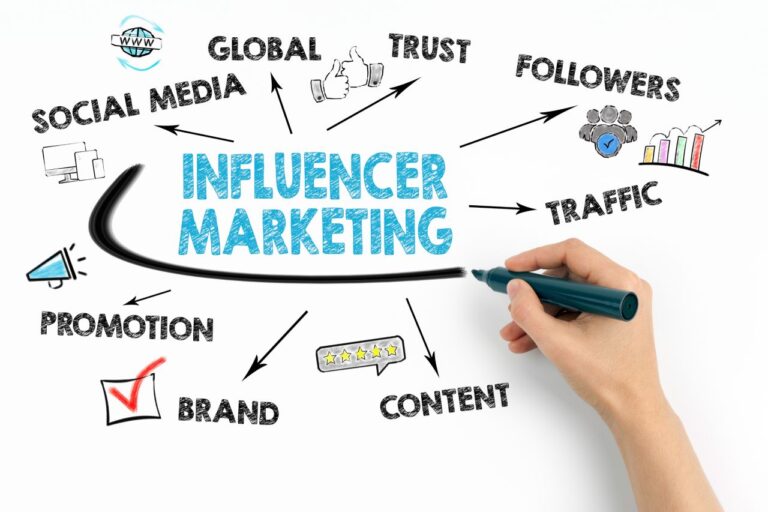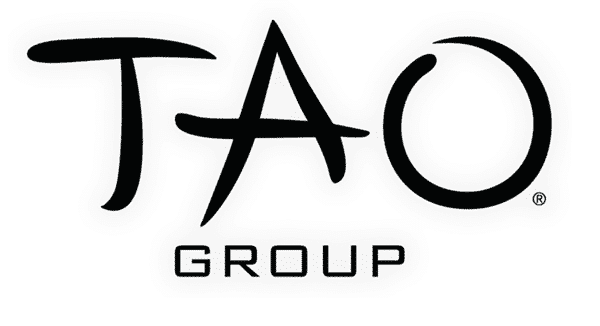
In today’s digital age, social media has become an integral part of marketing strategies for businesses of all sizes. Among the myriad of tactics employed, influencer partnerships stand out as a potent method to reach and engage target audiences. However, the landscape of influencer marketing is evolving rapidly, blurring the lines between organic content and paid promotions. In this article, we delve into the dynamic world of influencer partnerships, exploring the delicate balance between authenticity and commercial interests.
Understanding Influencer Marketing

Before we delve into the complexities of influencer partnerships, let’s first understand the concept of influencer marketing. Influencer marketing involves collaborating with individuals who have a significant following and influence on social media platforms. These influencers can sway the purchasing decisions of their audience through their credibility, authenticity, and expertise in a particular niche.
The appeal of influencer marketing lies in its ability to bypass traditional advertising methods and directly connect with consumers in a more authentic and relatable manner. Instead of bombarding audiences with overt advertisements, brands can leverage influencers to create content that seamlessly integrates their products or services into the influencer’s narrative.
The Rise of Influencer Partnerships

As social media platforms continue to proliferate, so does the number of influencers across various niches. From lifestyle bloggers to fitness gurus and beauty enthusiasts, there’s an influencer for almost every niche imaginable. This diversity has led to the rise of influencer partnerships as brands seek to tap into the engaged and loyal audiences that influencers command.
Influencer partnerships can take many forms, ranging from sponsored content and product placements to ambassador programs and affiliate marketing. Regardless of the specific arrangement, the goal remains the same: to leverage the influencer’s reach and credibility to promote the brand’s message or offerings.
The Organic vs. Paid Dilemma

One of the primary challenges brands face when engaging in influencer partnerships is striking the right balance between organic content and paid promotions. At the heart of influencer marketing lies authenticity – the genuine connection between the influencer and their audience. When influencers begin promoting products or services solely for financial gain, it can compromise the trust and authenticity they’ve built with their followers.
On the other hand, influencers invest significant time and effort into curating content for their audience, and expecting them to promote products or services without compensation undermines their value. Finding a middle ground where influencers can authentically endorse products they genuinely believe in while being fairly compensated is key to maintaining the integrity of influencer partnerships.
Navigating Disclosure and Transparency

In an effort to combat deceptive marketing practices, regulatory bodies like the Federal Trade Commission (FTC) have imposed guidelines requiring influencers to disclose their partnerships with brands clearly. Failure to do so can result in hefty fines and damage to both the influencer’s and the brand’s reputation.
While disclosure is crucial for transparency and compliance with regulations, it also plays a vital role in maintaining trust with the audience. When influencers are transparent about their partnerships and clearly distinguish between organic content and paid promotions, it fosters a sense of authenticity and credibility that resonates with their followers.
Building Long-Term Relationships

Influencer partnerships shouldn’t be viewed as one-off transactions but rather as long-term collaborations built on mutual trust and respect. Brands that invest in nurturing relationships with influencers over time stand to benefit from deeper integration into the influencer’s content and greater authenticity in their endorsements.
By fostering genuine connections with influencers, brands can tap into their creativity and insights to co-create content that resonates with their audience on a deeper level. This collaborative approach not only yields more compelling content but also strengthens the bond between the brand, the influencer, and their shared audience.
Leveraging Data and Analytics

In an age where data reigns supreme, brands have access to a wealth of insights and analytics that can inform their influencer marketing strategies. From demographic information and engagement metrics to conversion rates and ROI, these data points provide invaluable feedback on the effectiveness of influencer partnerships.
By leveraging data-driven insights, brands can identify high-performing influencers, optimize their content strategy, and measure the impact of their campaigns accurately. This data-driven approach enables brands to refine their influencer marketing efforts continually, ensuring maximum return on investment and long-term success.
Conclusion

Influencer partnerships represent a powerful intersection of organic and paid social, offering brands a unique opportunity to connect with their target audience in a more authentic and engaging way. By striking the right balance between authenticity and commercial interests, navigating disclosure and transparency, building long-term relationships, and leveraging data and analytics, brands can harness the full potential of influencer marketing to drive growth and achieve their business objectives in the digital age.




































